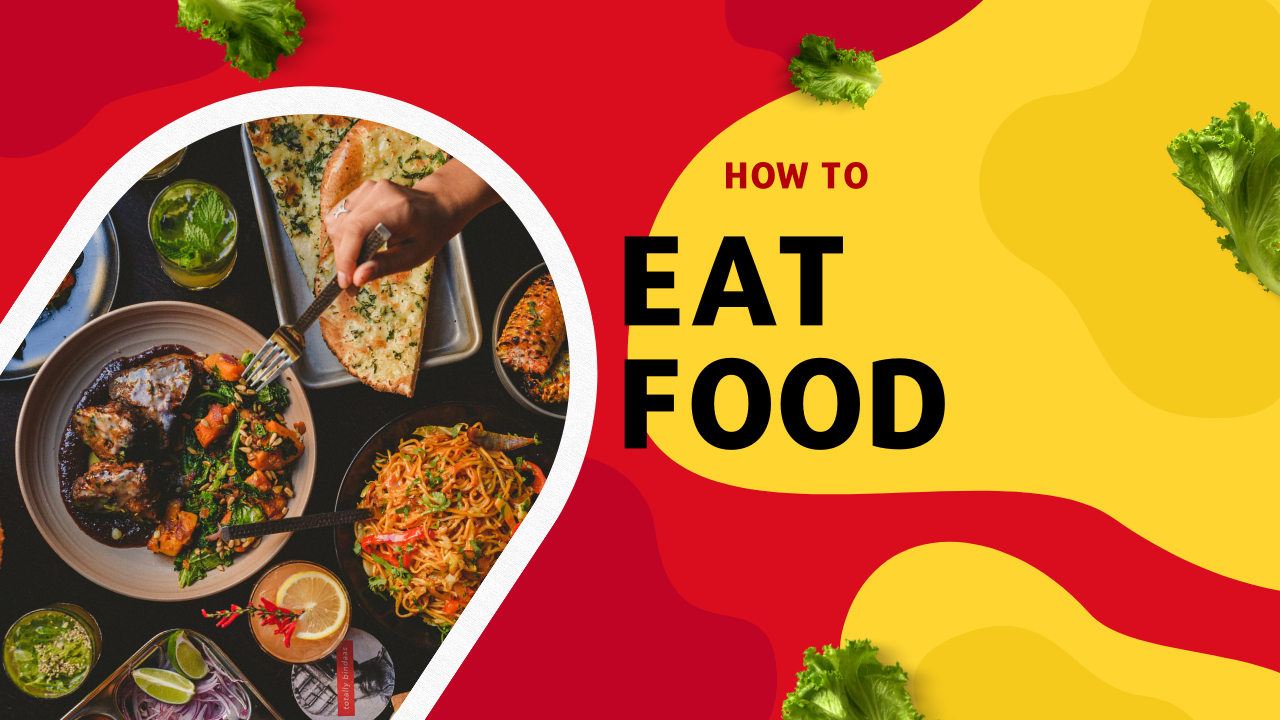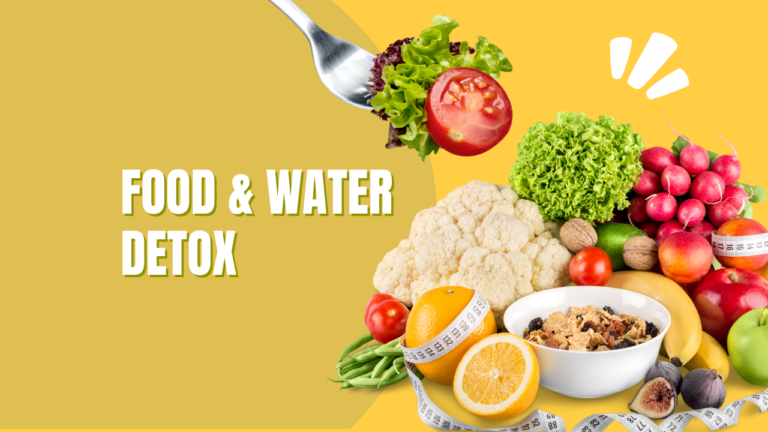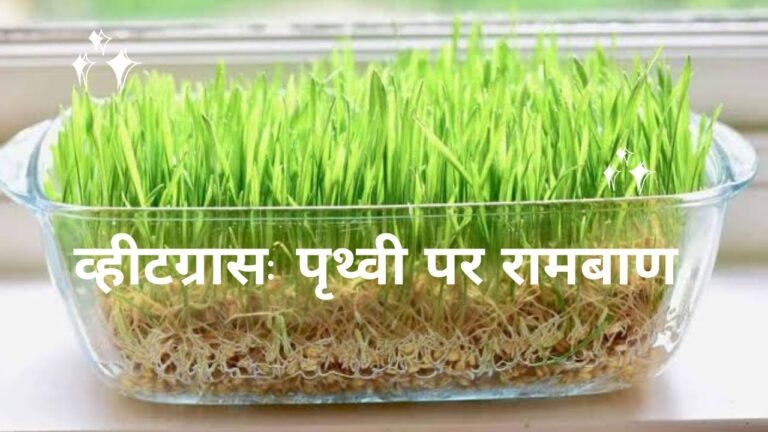How to eat food (part 1)
How to eat food
How is our meal supposed to be? What type of healthy foods should we as consumers intake? Which foods lead to a rise in our immunity levels? are a few of the questions that are discussed very often. But a few tips elaborated below are not commonly examined by most consultants or any study materials. And that is the exact point where we are mistaken.
Hence, having the right meal at the right time is very important. When one understands and executes correct ways of having his/her food, immunity levels or rate of metabolism will enhance to the extent that there are minimum chances of getting prone to diseases or bad health.

Basically, the food that we consume is to be digested well and that can be ensured when proper ways of food intake are followed. It is not about your choice having junk food or fast food, homemade food, etc. which is important of course. But additionally, whether your body is able to properly digest that food is a matter of concern.

So let’s understand the right system of having your meal and how the process of digestion is further carried on. The first process once the food is entered is the complete digestion of food. It is then divided into two parts: Alkaline and Acidic.
The alkaline portion is absorbed by our body and the residue is flushed out; meaning 90% of the food gets digested so that each nutrient gets easily absorbed into our body and our body provides the energy required for our activities. The Sapta Dhatus — Rasa, Rakta, Mamsa, Meda, Asthi, Majja and Sukhra lead to a healthy body or its healthy functioning. The food that we have is converted into these seven components which eventually determine our body structure. This concludes the important role digestion and healthy eating habits play for a healthy and wealthy body.
The following eight tips might lead you onto healthy respect if understood and followed in the right manner:
Fresh Food — The food that we have is supposed to be fresh and immediately cooked which means the food is to be immediately consumed rather than keeping it for a longer time and having it stale.

Unfortunately, we keep having untimely meals or often procrastinate for hours which definitely affects our digestion later. One practical example would be the electric equipment that is available in the market should be taken access of for heating or cooking already prepared dishes in contrast to having non-heated meals. Comparatively, heated or cooked food ensures more fire resulting in a higher rate of metabolism and optimum absorption of nutrients where the intestinal body part is not strained and can function smoothly.

Good Fats — Some people commonly do believe in the myths that this might lead to an increase in cholesterol, fats or weight which concern them. Whereas, on the contrary, the right proportion of ghee and/or oil intake provides oiling and prevents rigidity in your body.
This is necessary as every joint, muscle, or ligament requires regular oiling and will also ensure a decline in complaints relating to joint pains or arthritis in future. In general, for an adult person, exactly 1 tablespoon of ghee or oil (optionally) per day (approx. 10ml). Now, the question arises that which type of ghee or oil is to be used. Well, in preference for ghee, gifted through natural science, ghee processed from cow milk could be used and oils could be preferred regionally, wherein South Indian states would go with coconut oil, North ones with mustard seeds oil, and states like Maharashtra and Gujarat with Peanut oil. The availability of oil or ghee in the place that you reside in is considered to be best for your health. Therefore, it is advisable to include good fats in your diet but conditionally, in the right proportion only.
Quantity of Food — Nowadays, there is the availability of various dishes, cuisines, etc. Moreover, being financially capable does not mean that you have a choice to have everything. Paying utmost attention to the quantity of food we consume is quite important.

The quantity should be dependent upon your routine. If you work in a sedentary lifestyle food should be consumed accordingly. Whereas, if your routine includes more physical exertion, the quantity of food is also increased. For eg; a child is forced to have food that he denies by playing with his greed for another tempting food item. On the contrary, the appetite of the individual should be considered. The demand from real hunger is exactly the quantity to be consumed. Avoiding appropriate food because you are dieting or concerned about weight gain, might prove hazardous to your health or overeating at times when you are more hungry, lead to disturbance in mental health and concentration levels and indirectly issues in relation to starvation.









